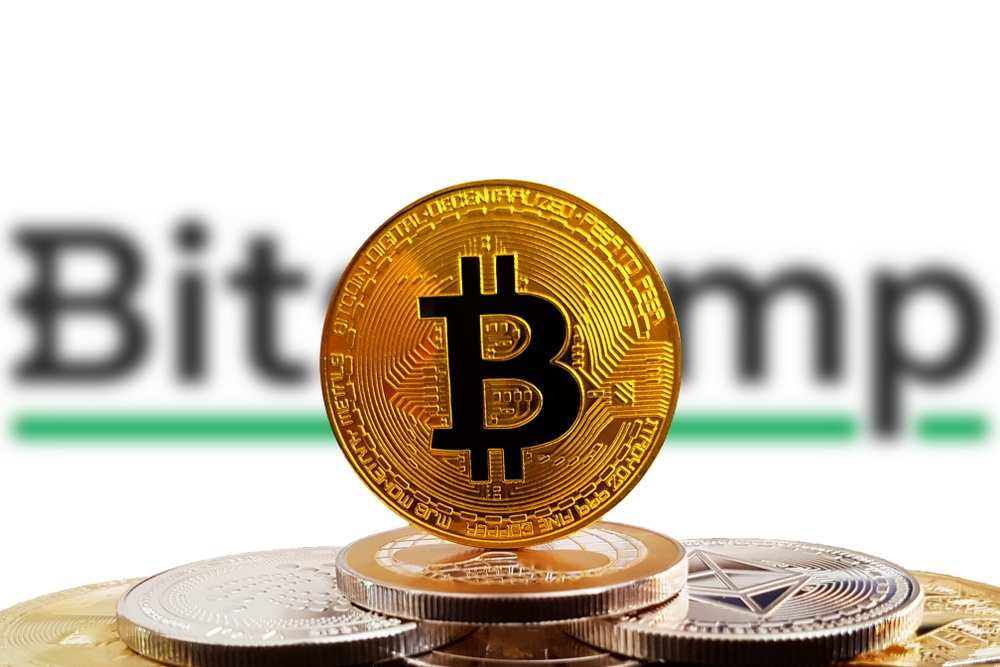Bitcoin Exchange Bitstamp Earns BitLicense After Ridiculous 3-Year Wait

After nearly four years of waiting, Bitcoin exchange Bitstamp finally received a BitLicense from New York. | Source: Shutterstock
More than three years ago, this reporter brought the news that Bitstamp had applied for a BitLicense. Bistamp CEO Nejc Kodrič believed early on that gaining the license would be important for the Bitcoin exchange. Other crypto firms like Bitfinex, Kraken, and ShapeShift, decided to stop doing business in New York instead.
Things Going Swimmingly After Acquisition
About this time last year, reports of an impending acquisition by a South Korean gaming outfit circulated. Nexon later denied the reports. In October of last year, an acquisition was confirmed – however, it was by a Belgium-based investment firm.
Nejc Kodrič has stayed on as CEO and told other outlets that the move is part of an expansion into the US, where the exchange has long operated. Bitstamp is one of the only fully regulated crypto exchanges in the European Union. A few years back, they ceased operations in Washington State over regulatory concerns.
In a note to users released today, Bitstamp says:
“Bitstamp has always embraced regulatory efforts which focus on transparency and accountability that can help expand the industry. Obtaining a BitLicense is a key element in ramping up our presence in the United States, especially when it comes to working with institutional investors.”
“The BitLicense requires us to meet several stringent requirements when it comes to consumer protection, which is a challenge we fully embrace. It is further proof that trading at Bitstamp is subject to the same high standards followed by traditional financial institutions.”
19th Bitcoin Company to Receive Approval by NYDFS

Bitstamp is the 19th company authorized to facilitate trading in Bitcoin and other cryptocurrencies in New York State. It is the fifth company approved this year and ranked among the first 22 companies to apply.
Critics of the New York Department of Financial Services have noted how slow the approval process is, placing perceived unnecessary brakes on the growth of the crypto industry in New York. BitLicense puts many requirements on Bitcoin businesses that force companies to have stringent anti-money laundering efforts in place.
Bitstamp’s anti-money laundering policy reads, in part:
“Whilst Bitstamp Ltd. is currently unregulated and does not fall within the scope of the AML/CTF obligations, the senior management have implemented systems and procedures that meet the standards set forth by the European Union. This decision reflects the senior management’s desire to prevent money laundering and not be used by criminals to launder proceeds of crime.”
The BitLicense does not cover all cryptocurrencies, and only legally authorizes Bitstamp to trade in Bitcoin, Bitcoin Cash, Litecoin, Ripple, and Ether. One example of ways that regulations like the BitLicense can slow innovation is the time it might take for new cryptos to make their way onto the list of “approved” currencies.